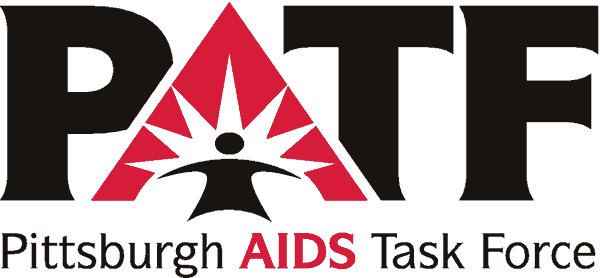It Takes A Village
This post was written by Adam Whiteley, a Patient Navigator for the Squirrel Hill Health Center’s Mobile Medical Unit..
Every year on December 1st, we recognize World AIDS Day as a way to commemorate those who have died from the disease and to show our support for those who are living with it today. World AIDS day began as the first global public health day in 1988, just seven years after the disease was first identified clinically in the United States. Since the beginning of the HIV/AIDS epidemic, approximately 70 million people worldwide have been infected by the virus, leading to the deaths of 35 million people. As of the end of 2015, 36.7 million people are living with HIV with 2.1 million new infections occurring every year.
Discoveries in treatment and prevention options have provided clinicians and public health officials a variety of tools to help combat the spread of this disease. These options however, are only effective at containing the spread of this epidemic when implemented on a community level. Getting tested, utilizing safe sex practices, and prevention options such as Pre-exposure prophylaxis (PrEP) combat the epidemic through macro-level changes in community behavior. It takes the community to spread the message, destigmatize the disease, and encourage testing and treatment follow-up because often the biggest barrier to care for patients and communities affected by HIV/AIDS is the stigma and fear of a diagnosis. 
Here in Allegheny County, approximately 3,000 individuals are living with HIV/AIDS, 20% of whom have not yet been diagnosed. Serving at a community health center, I see everyday the effect that community has on the health of our patients. Here in Pittsburgh, efforts aimed at reducing infection rates and managing care of HIV+ patients are led by the Pittsburgh AIDS Task Force as well as the Positive Health Clinic. Many of their efforts are focused not only on treatment options for those who are HIV+, but also outreach aimed at educating Pittsburgh and the surrounding counties about the risk factors for HIV infection and information on the disease so that stigma and fear will eventually cease to be a barrier to accessing care. In the fight to end the spread of HIV/AIDS, it takes a village.